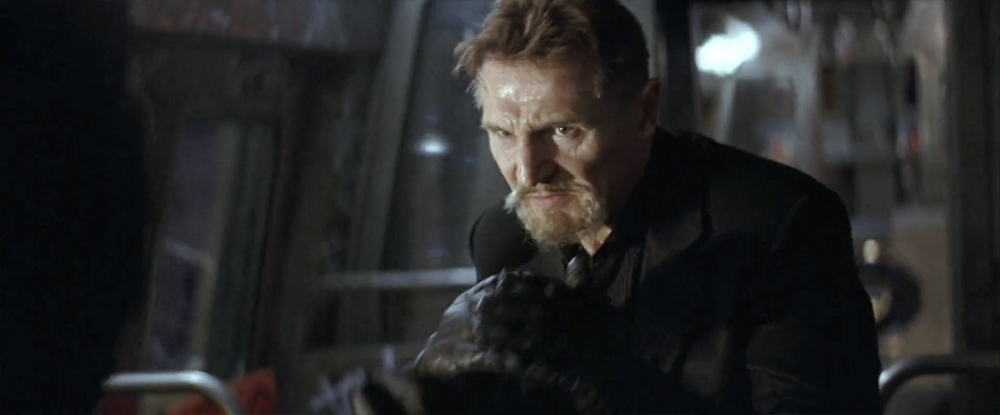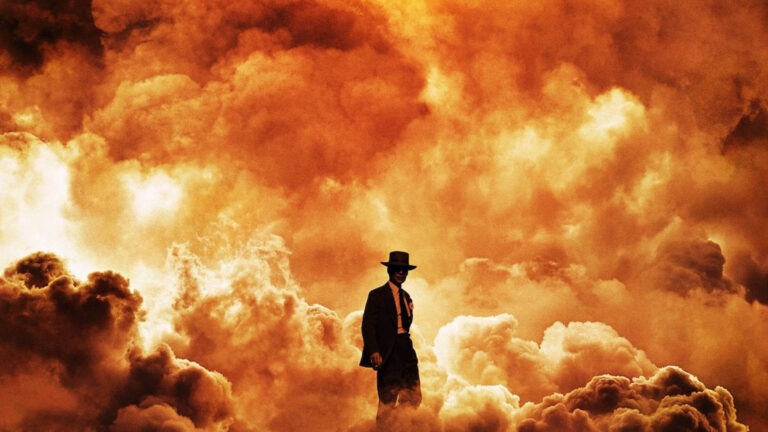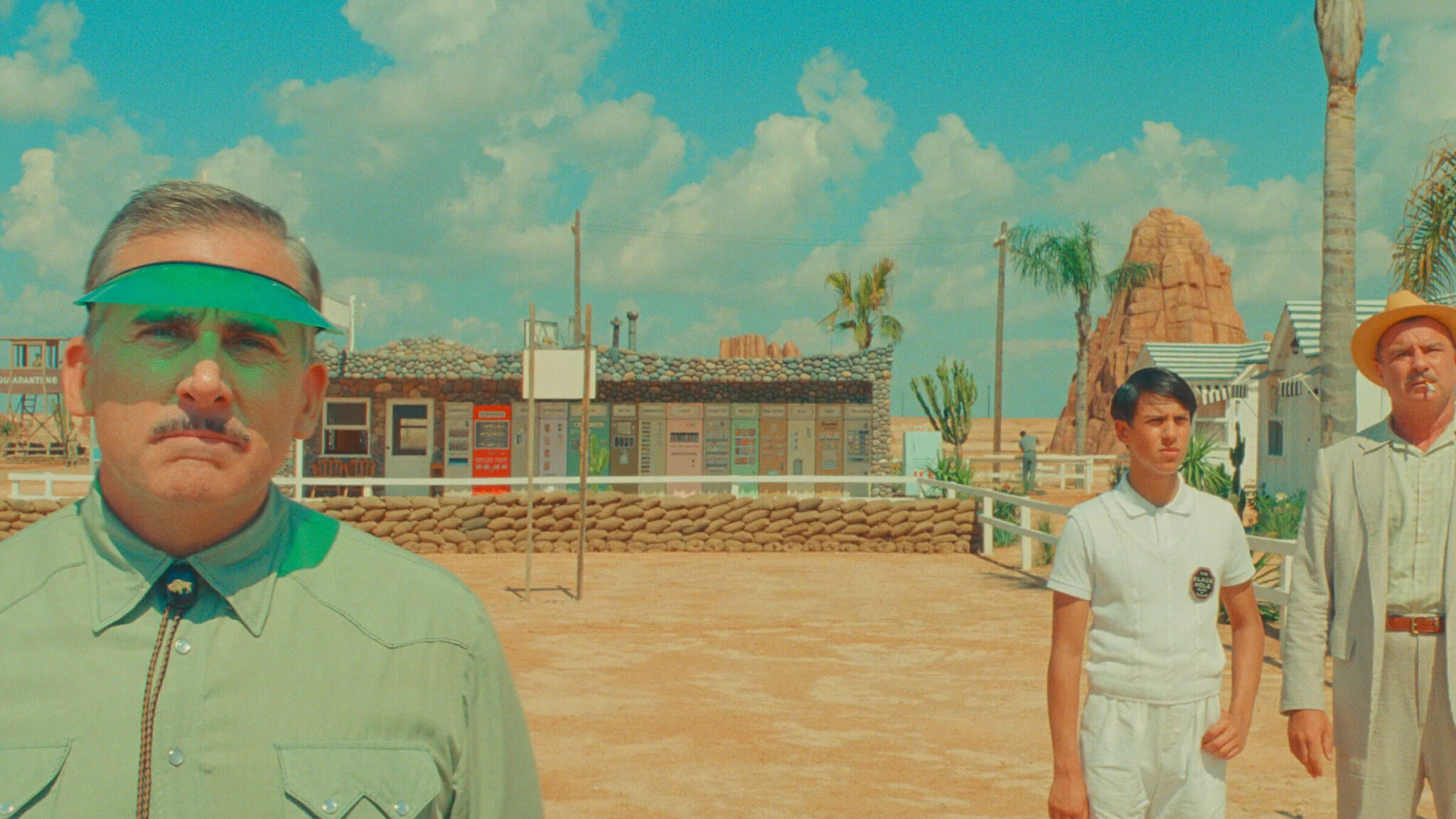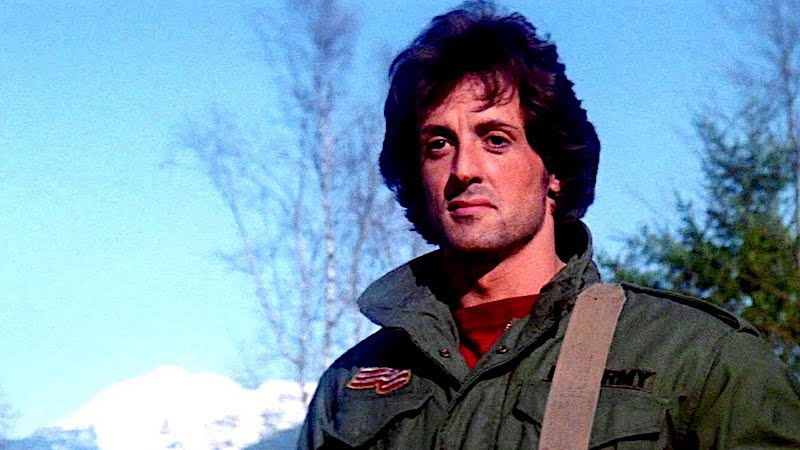
Besides selling a script or a pitch or getting a high-profile...and high-paying...writing gig, there is no bigger lure for a screenwriter than writing a role that lands a movie star. It's why we obsess over creating juicy internal conflicts, sharp character arcs and show-stopping monologues.
While hooking any star is a jackpot prize, sometimes hooking a specific star brings added dimension and luster to a role because of the unique career baggage they bring to it. Movie stars are movie stars not just because they're talented, and not just because they're pretty (though those qualities are almost always prerequisites)...but also because they have a singular quality, an X factor that appeals to us and makes us want to follow them from movie to movie and across franchises and genres. And unless they turn out a sustained series of duds (looking at you Johnny Depp) or start phoning in lazy, contemptuous performances for big paychecks (looking at you Bruce Willis), we'll follow them over and over and over again.
We build relationships with movie stars that can last years, decades and even lifetimes. Pundits can talk all they want about how movie stars don't matter anymore and how IP is king, but it's nonsense. Claptrap. Hogwash. Poppycock. If movie stars weren't important, we wouldn't go see "the new Tom Hanks movie" or "the new Meryl Streep" or that "rom-com with Miles Teller."
Why do we do this? Why do we form emotional attachments to movie stars and yearn to see them over and over again? It's simple: we're addicts. We want to continually recreate the satisfying emotional experience we had the first time they won us over onscreen. We want to keep getting our fix. And as a result of this need, whether we realize it or not, we bring shades of stars' previous roles and performances and how they made us feel to every subsequent movie of theirs that we see.
In that way, it's almost as if every movie a movie star makes is a sequel to the one they made before, even if we're talking about two films that aren't part of the same franchise, genre, time period or tone. They become sequels because we bring our past memories and experiences to the present. We make connections even when they aren't inherently there.
Are Draft Day or McFarland, USA sequels to Field of Dreams or Bull Durham? No, but the reason you cast Kevin Costner and not Sean Penn in those movies is because audiences in part associate Costner with classy, intelligent sports-related dramas. Audiences have faith that with Costner carrying over they'll get some kind of recreation of the memorable emotional experience they had with Field of Dreams.
Would The Expendables franchise have made any money if all of the principals hadn't been iconic action stars? Absolutely not. Seeing Rambo, John McClane, The Terminator, Martin Riggs, The Transporter, Blade and Han Solo in the same universe was the one and only draw there. It certainly wasn't the writing or directing.
Would Birdman have ignited a buzz and won Best Picture if anyone other than Michael Keaton had starred in it? No way. Forget the virtuoso camerawork, psychedelic drums and strong supporting cast; it's the meta-commentary of former Batman turned middling, marginalized supporting performer Keaton starring as former Birdman turned middling, marginalized would-be arthouse actor darling Riggan Thomson that gave Birdman the sharp curiosity factor that launched its entire campaign.
So how can recognizing this psychological mechanism at the heart of the relationship between movie stars and audiences benefit us as writers?
Well if you happen to be lucky enough to be writing a vehicle for a star that is already attached, you have to completely understand what their brand is and what audiences want from them. You have to tailor the role for the star's persona and make sure that every action they take in the story fits their wheelhouse and will make them likable.
Or, if you're going to take them out of their wheelhouse (also known as "stretching") or even make them unlikable, then that has to be the entire point of what you're writing: the hook of showing us a movie star in a way we've never seen before that redefines our expectations of them. And it's a dangerous line that often fails.
Similarly, you can subvert a movie star's persona and excess baggage to surprise the audience in the story. Casting Liam Neeson--who was coming off a spate of benevolent mentor roles--in Batman Begins in a seemingly similar role allowed David S. Goyer and Christopher Nolan to shock audiences at the end of Act II with the reveal that good old Liam was actually the sinister arch villain.
In Gran Torino, Clint Eastwood used his decades-long persona as a badass, handgun-toting vigilante force of justice to set audiences up for a climactic shootout only to martyr himself as an unarmed man. That bait and switch played as powerfully as it did precisely because of Eastwood's iconic image and the way in which he had cultivated it with audiences for forty years.
It's for instances like those that understanding movie star psychology can help you bring a unique and dynamic quality to your protagonists that can engage audiences and their own external emotional attachments in exceedingly powerful ways. Be aware of the attachment mechanism that takes place between audiences and stars and use it to create something engaging and comforting and/or surprising and provocative.
And even if you're not one of the ultra-talented (and fortuitous) 1% of screenwriters penning projects for attached movie stars and instead are just writing yet another spec or passion project, don't be afraid to pretend that you're writing for a specific star. Some gurus will tell you that writing a script for a star that you don't have attached (and will likely never get) is the ultimate mark of an amateur, but that's only if you get caught.
Don't be obvious that you're writing with a particular star in mind, but let your knowledge of a particular star you envision influence the details of how you write your character and his or her journey. The act of doing so will likely make you create a more believable and dimensional role because you'll constantly be thinking about a real person embodying your character, expressing those emotions and delivering those lines. Best case scenario, you sell your script and get the movie star you dreamed of attached as the lead. Worst case scenario, you'll have created a killer protagonist, which is its own kind of currency and reward.
Related articles across the web
Tags
Get Our Screenwriting Newsletter!
Get weekly writing inspiration delivered to your inbox - including industry news, popular articles, and more!


































